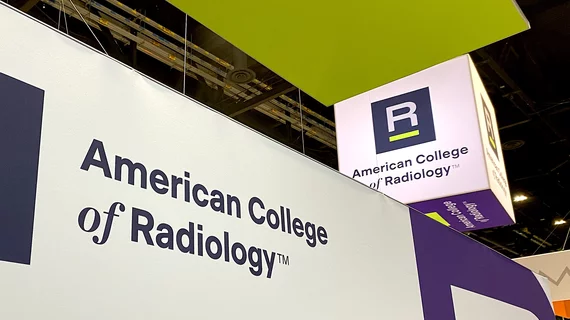ACR earns $100K grant to upgrade lung cancer registry
The American College of Radiology (ACR) has secured a $100,000 planning grant to improve diagnostic performance feedback through clinical registries. Specifically, with the grant the ACR plans to expand its lung cancer screening registry to include a module for managing actionable incidental pulmonary nodules (IPNs).
The ACR is one of seven groups to receive the grant as part of a larger initiative overseen by the University of California, San Francisco (UCSF) and the Council of Medical Specialty Societies (CMSS) to improve data collection. UCSF and CMSS will serve as coordinating centers to facilitate cross-specialty collaboration to develop best practices for diagnostic reporting.
Upgrading the ACR registry will entail developing performance feedback reports and quality improvement tools to strengthen both lung cancer screening and IPN programs. Previous ACR-led efforts on actionable incidental findings to improve the diagnosis of lung cancer will also be relevant to the project, according to a statement sent to Health Imaging.
“We now know the early detection of lung cancer requires a combination of lung cancer screening of high-risk individuals, and the follow-up of incidentally detected pulmonary nodules. Among all incidentally detected findings on radiology examinations, IPNs are the most common significant—or potentially significant—finding requiring follow-up. Yet, sadly, workflows and processes are not in place to systematically make sure appropriate follow-up occurs,” Ella Kazerooni, MD, the ACR’s co-advisor on the project said in the statement.
The grant award will be distributed in two phases to support the project until completion.

